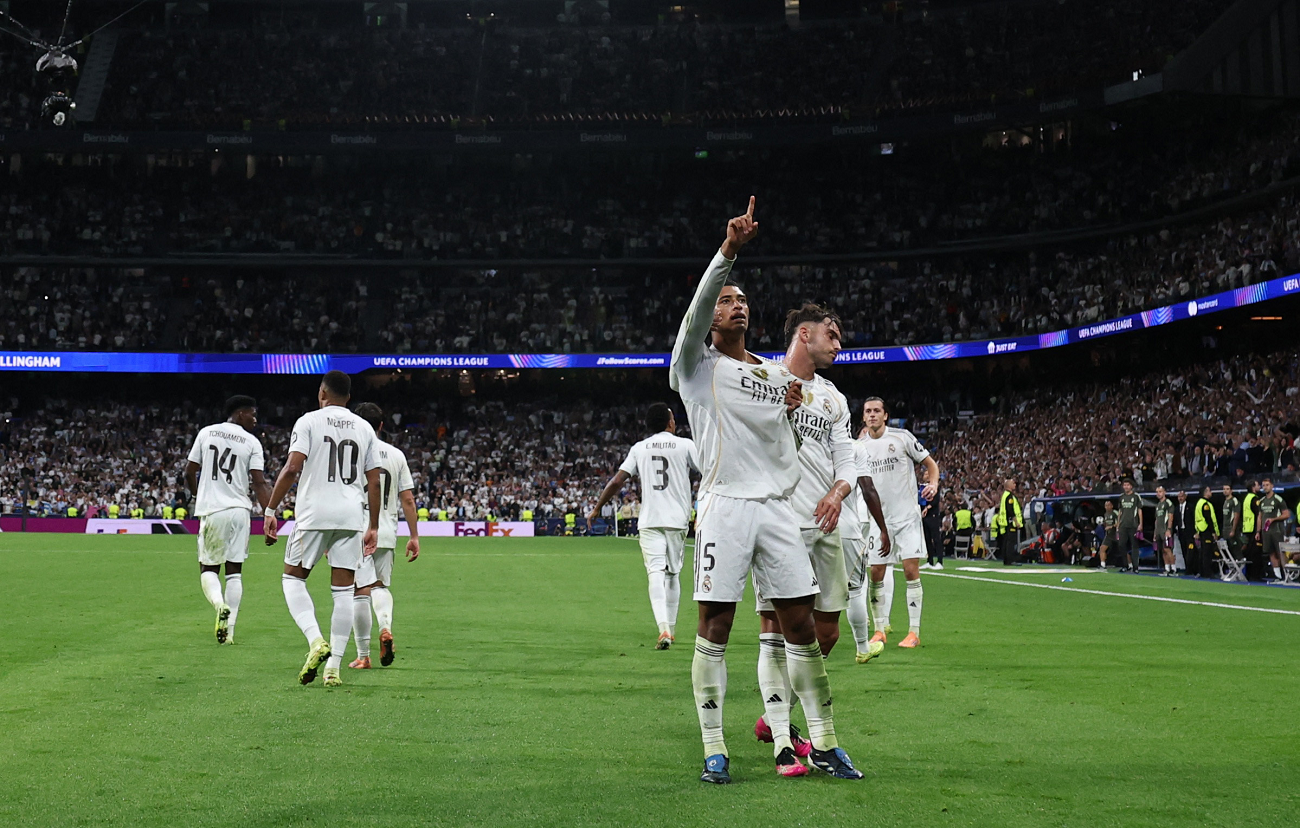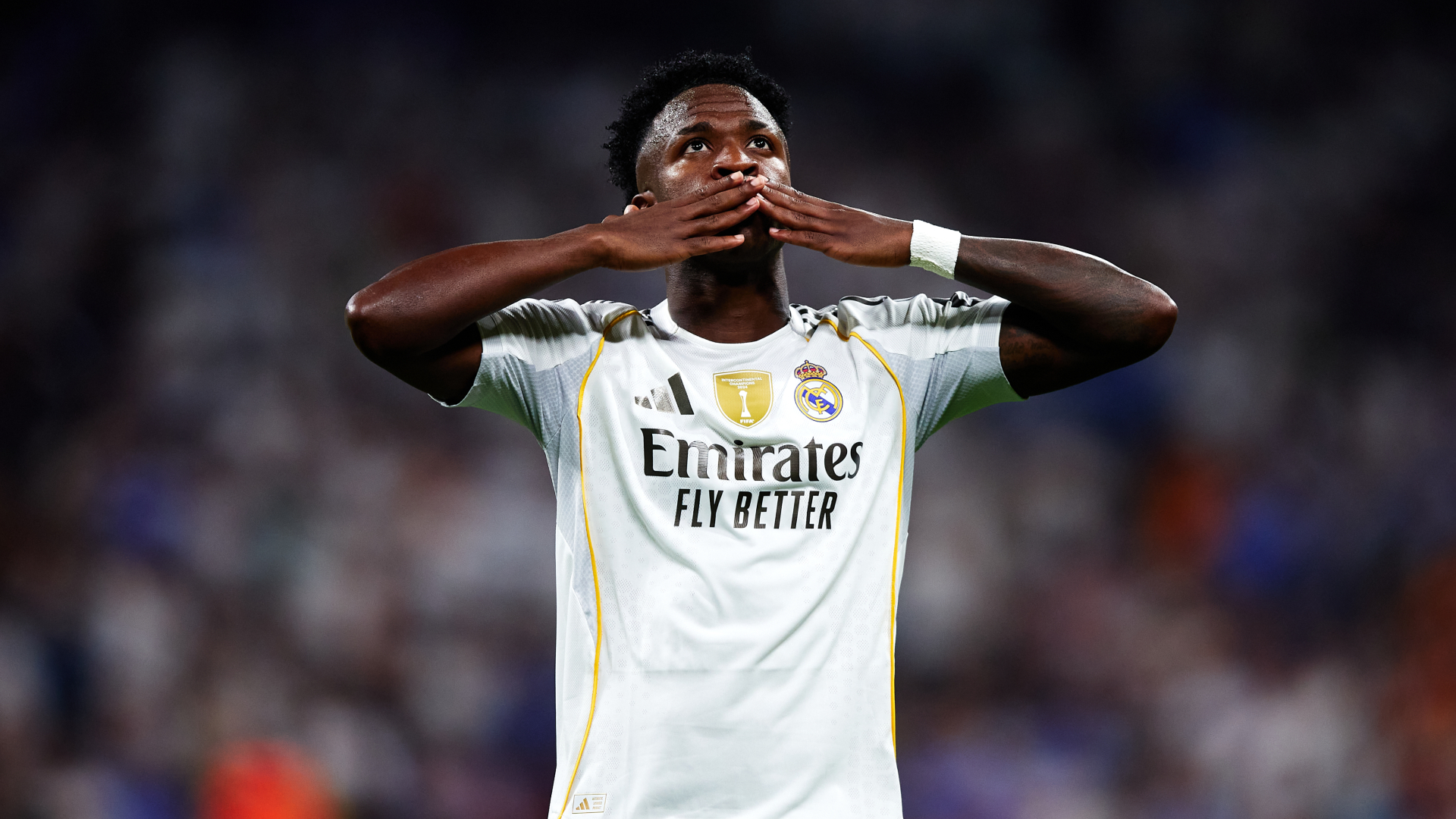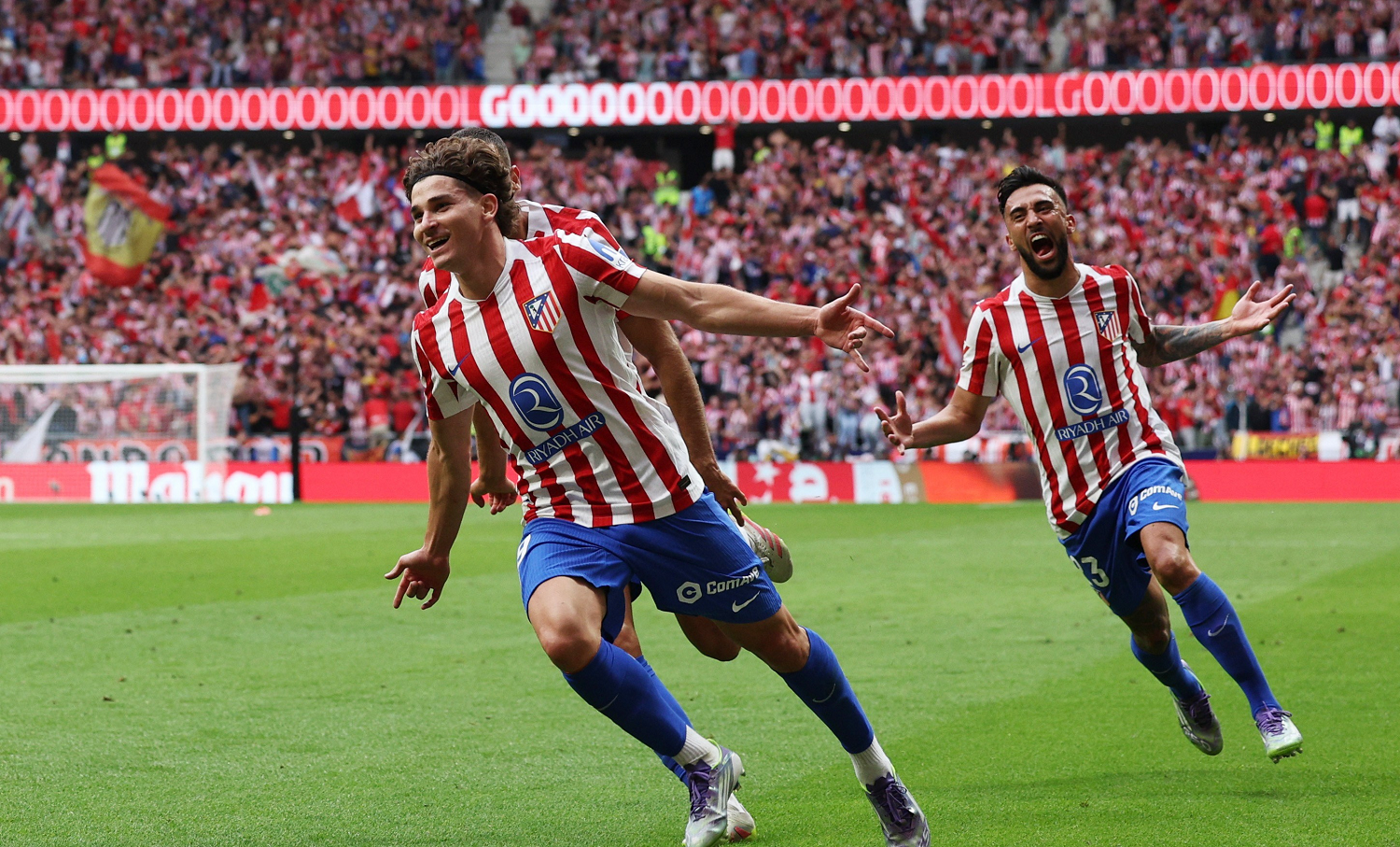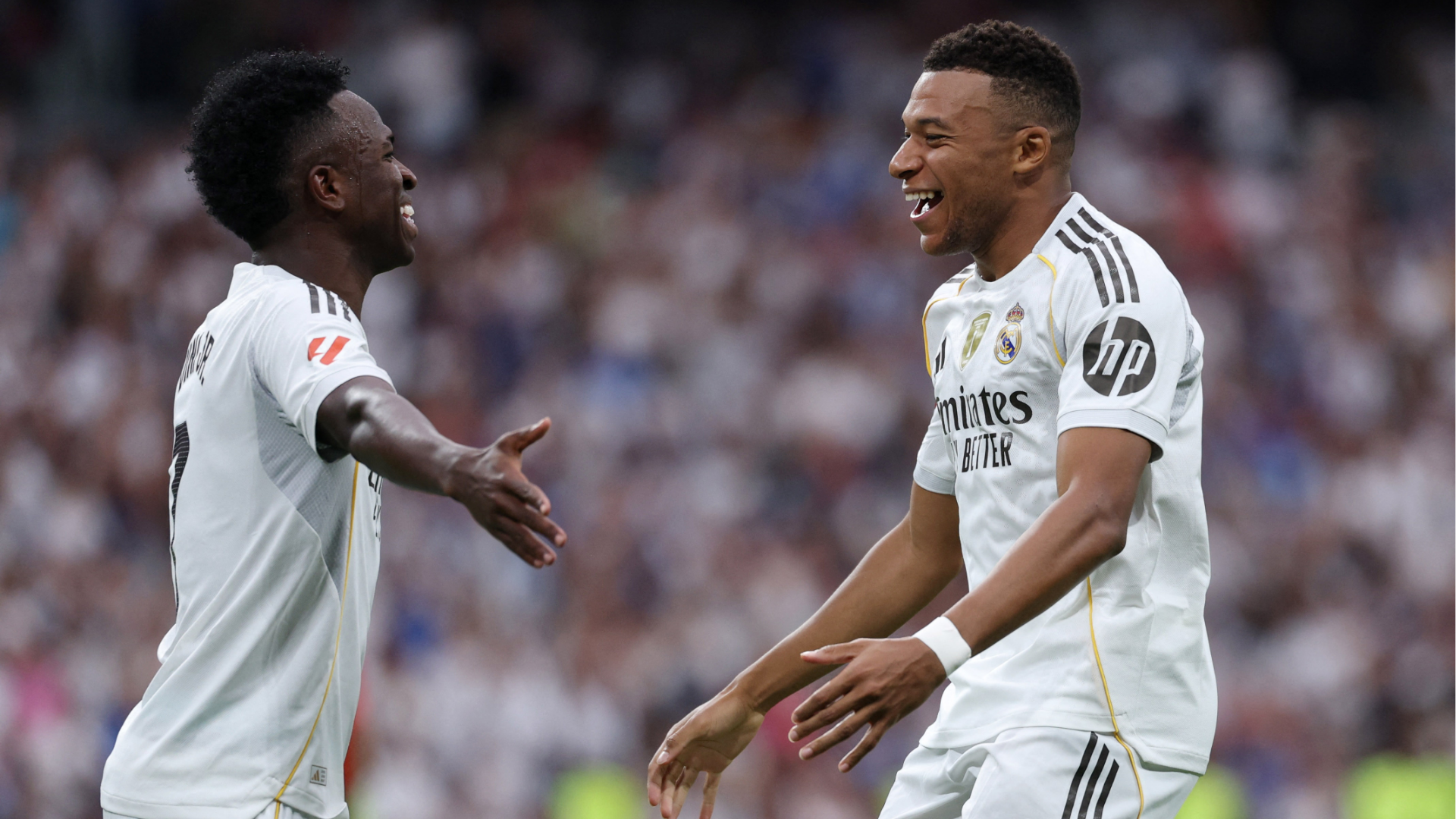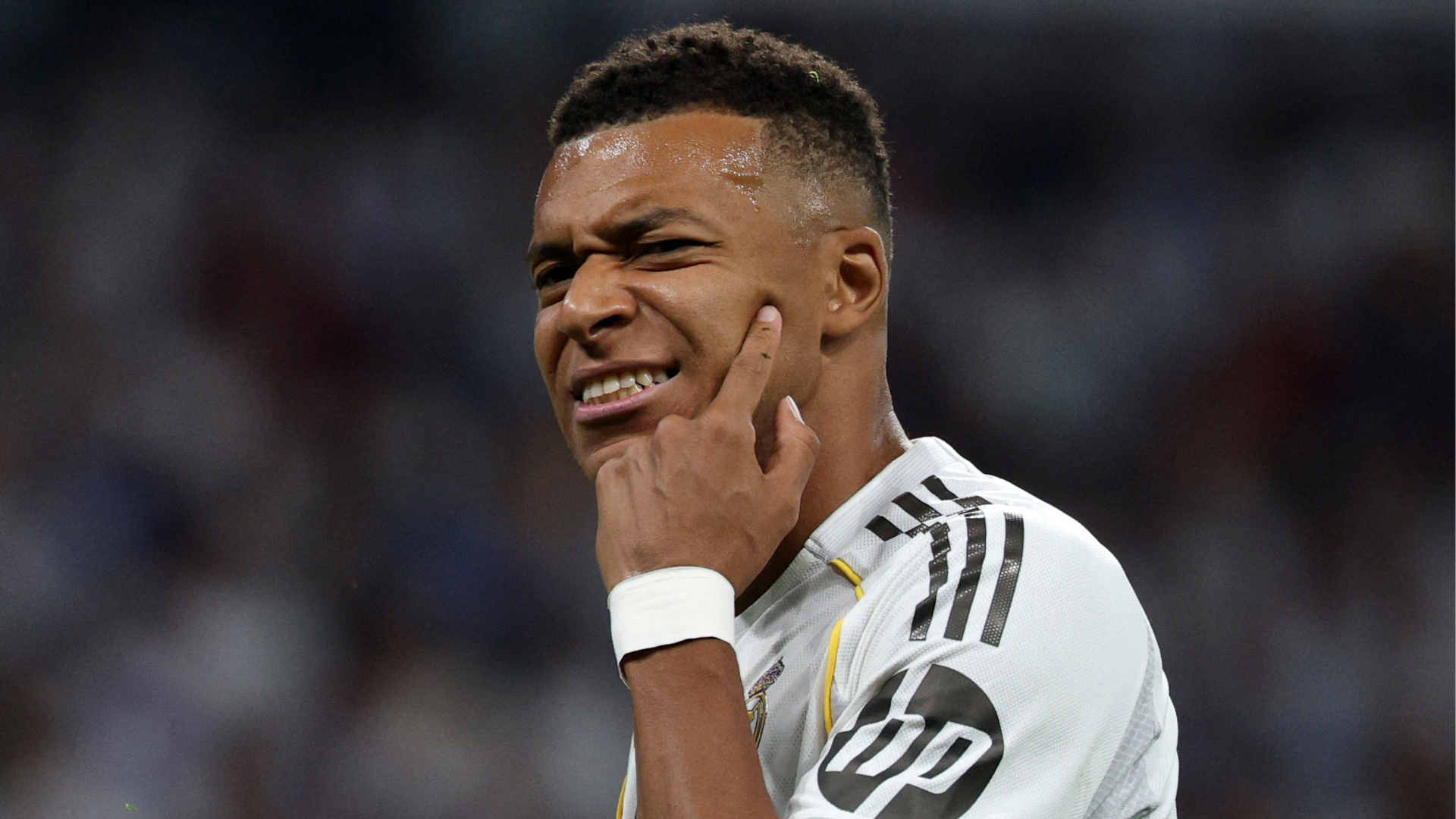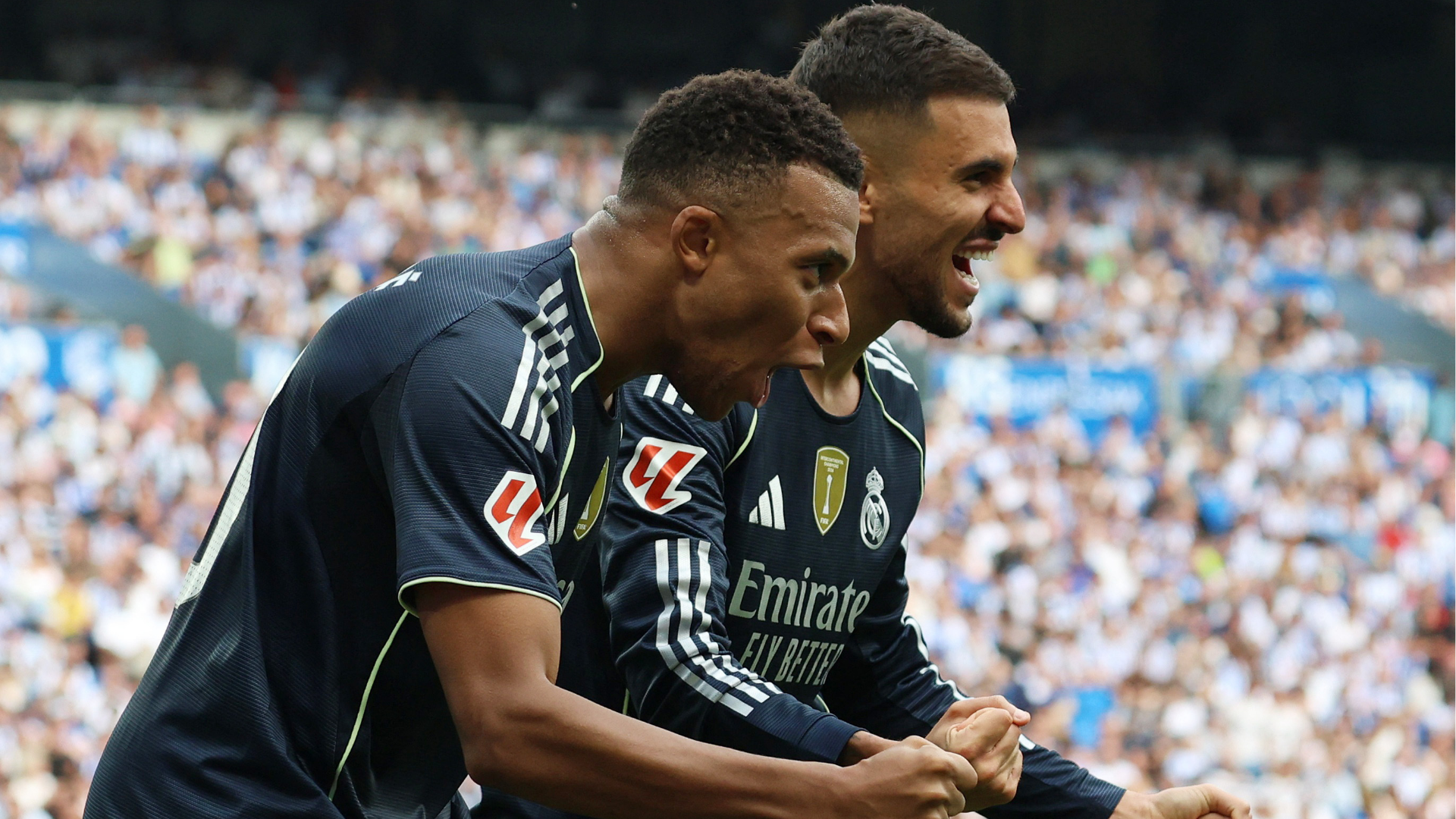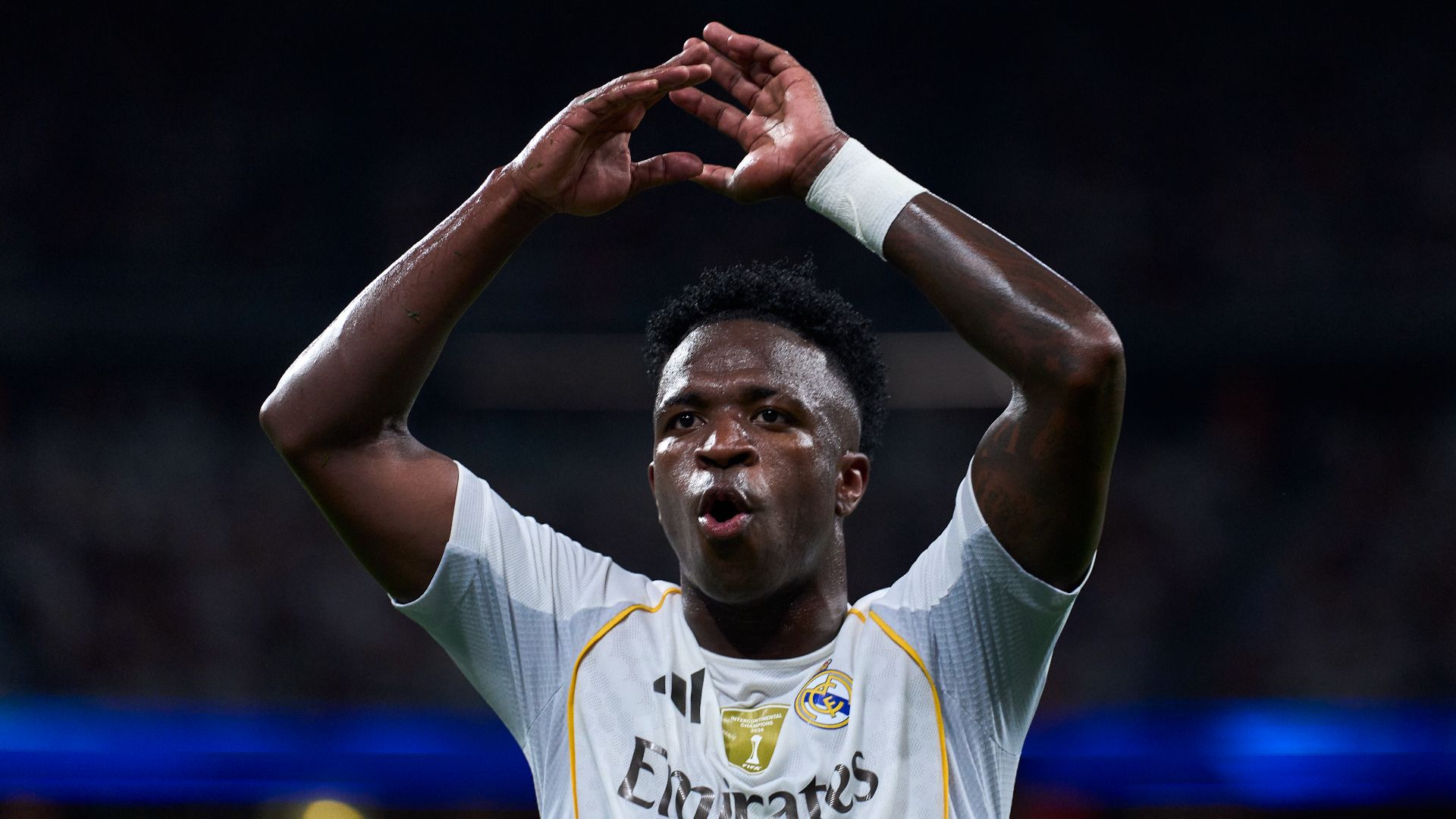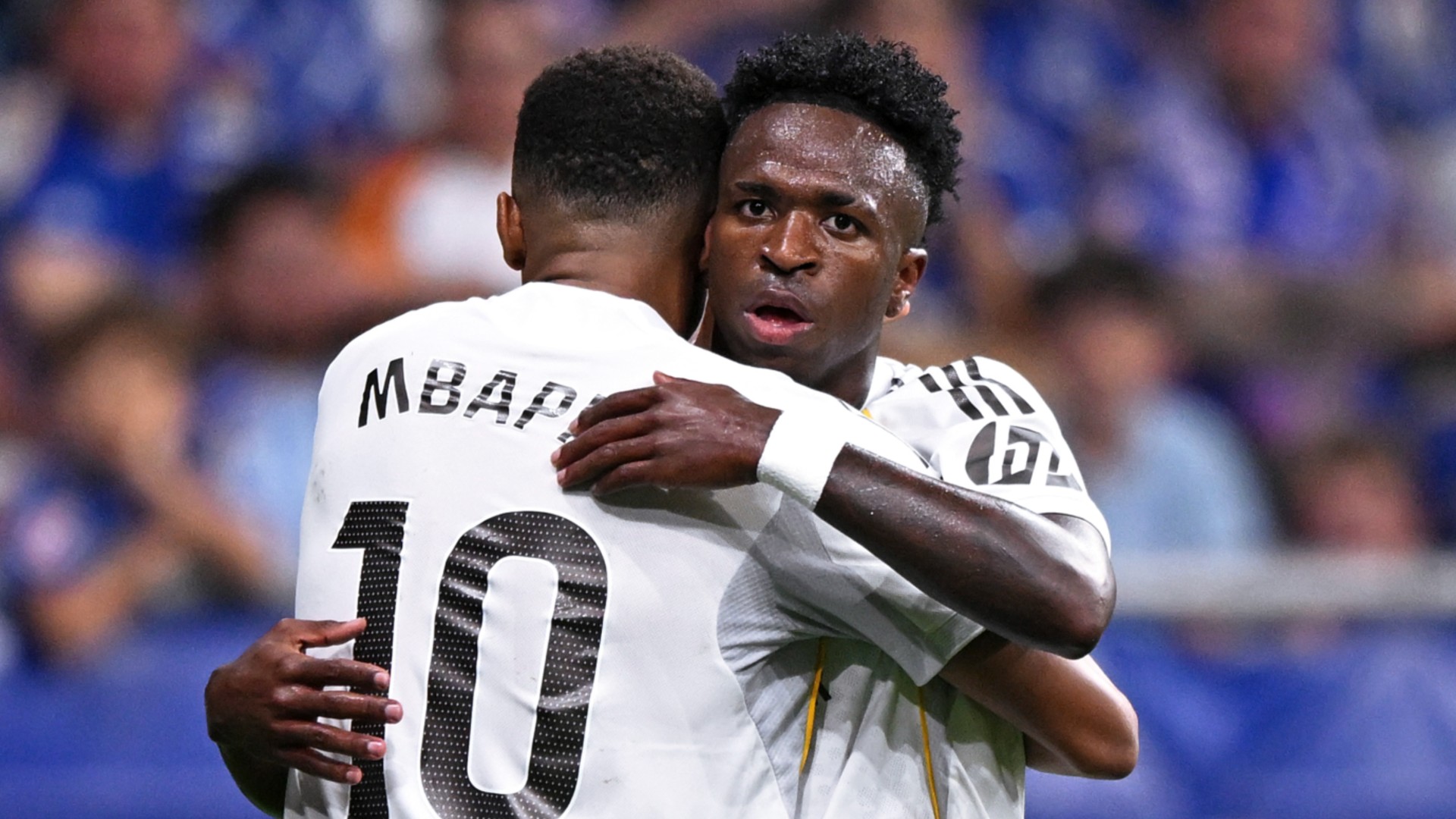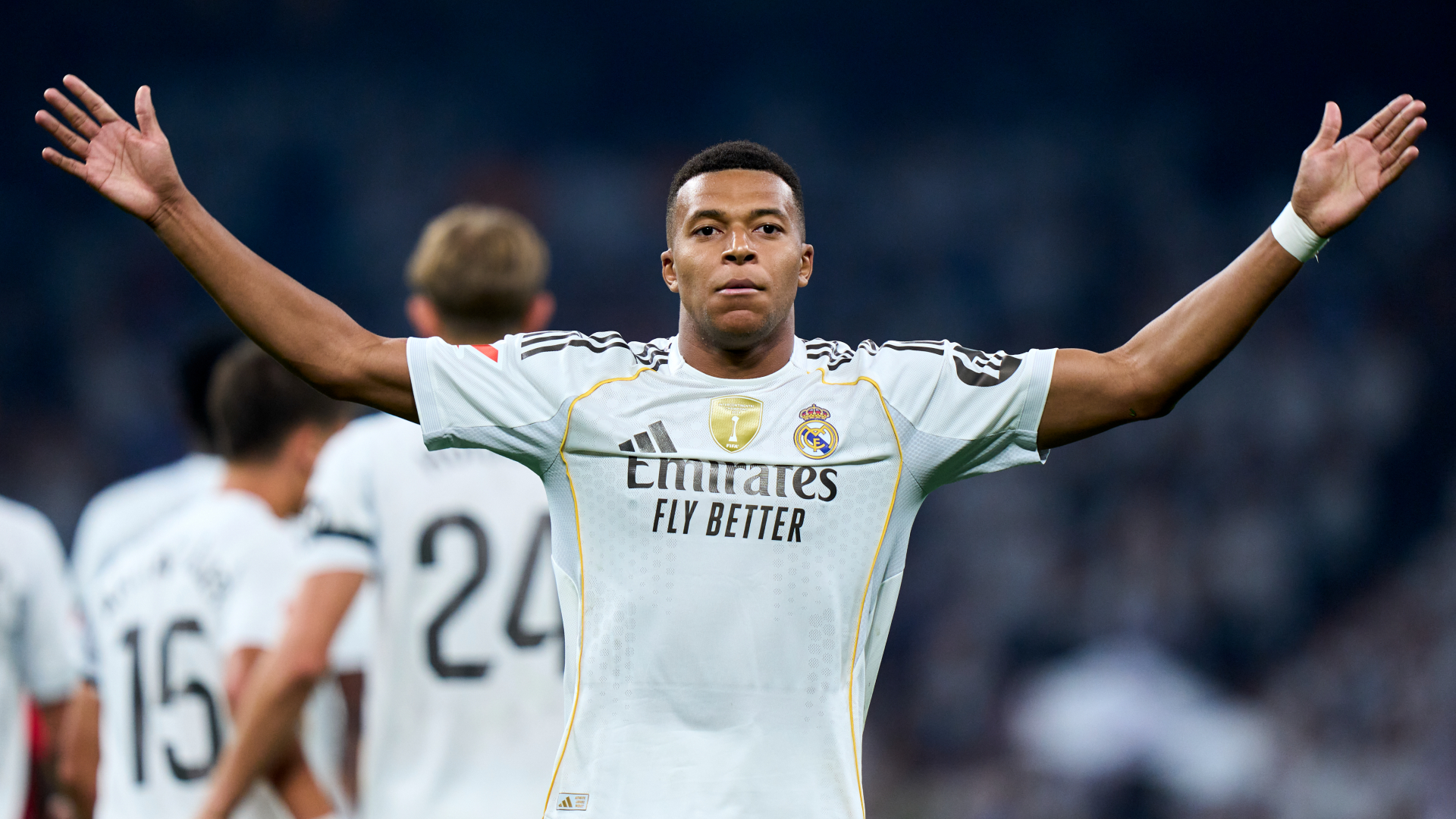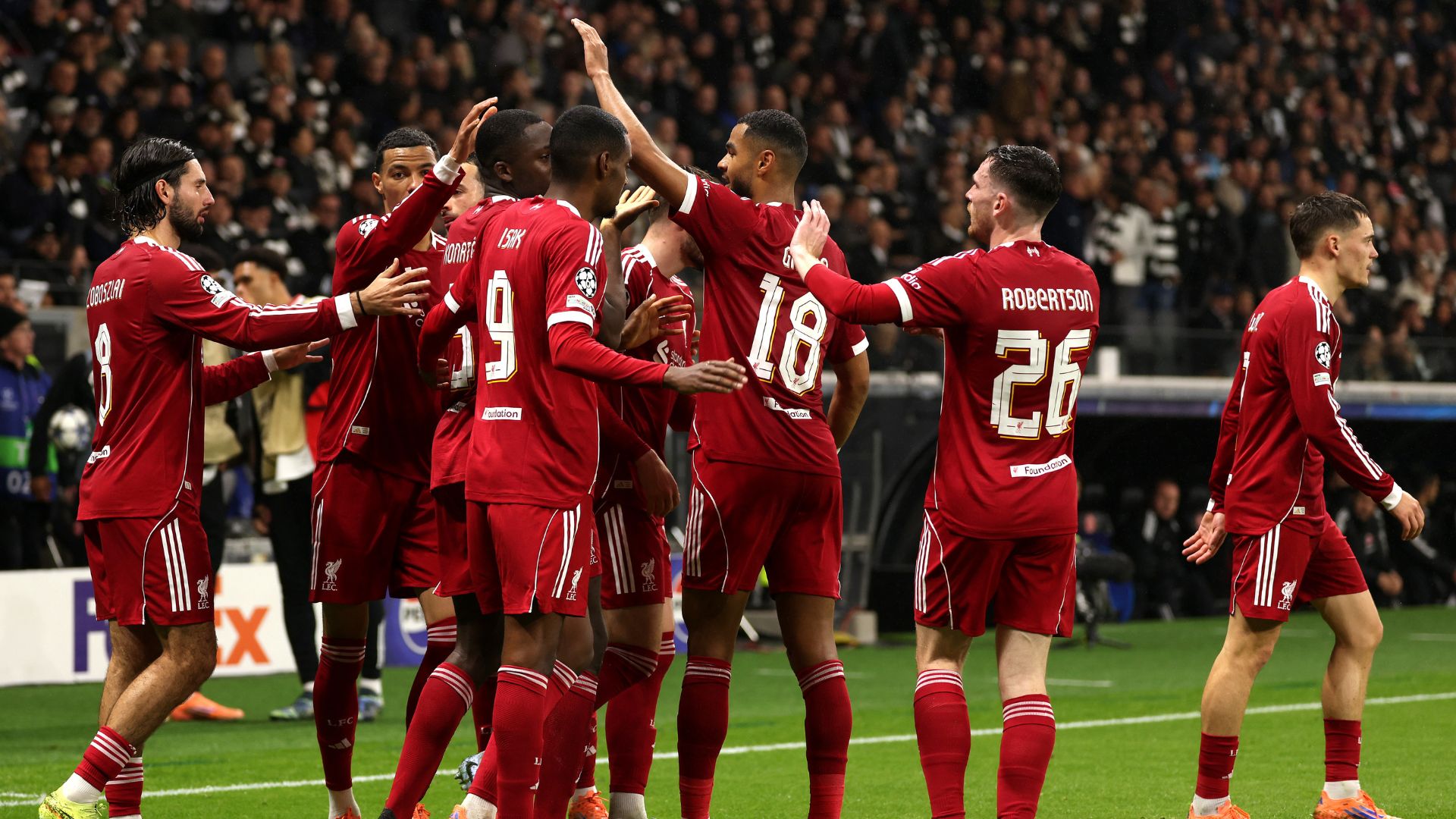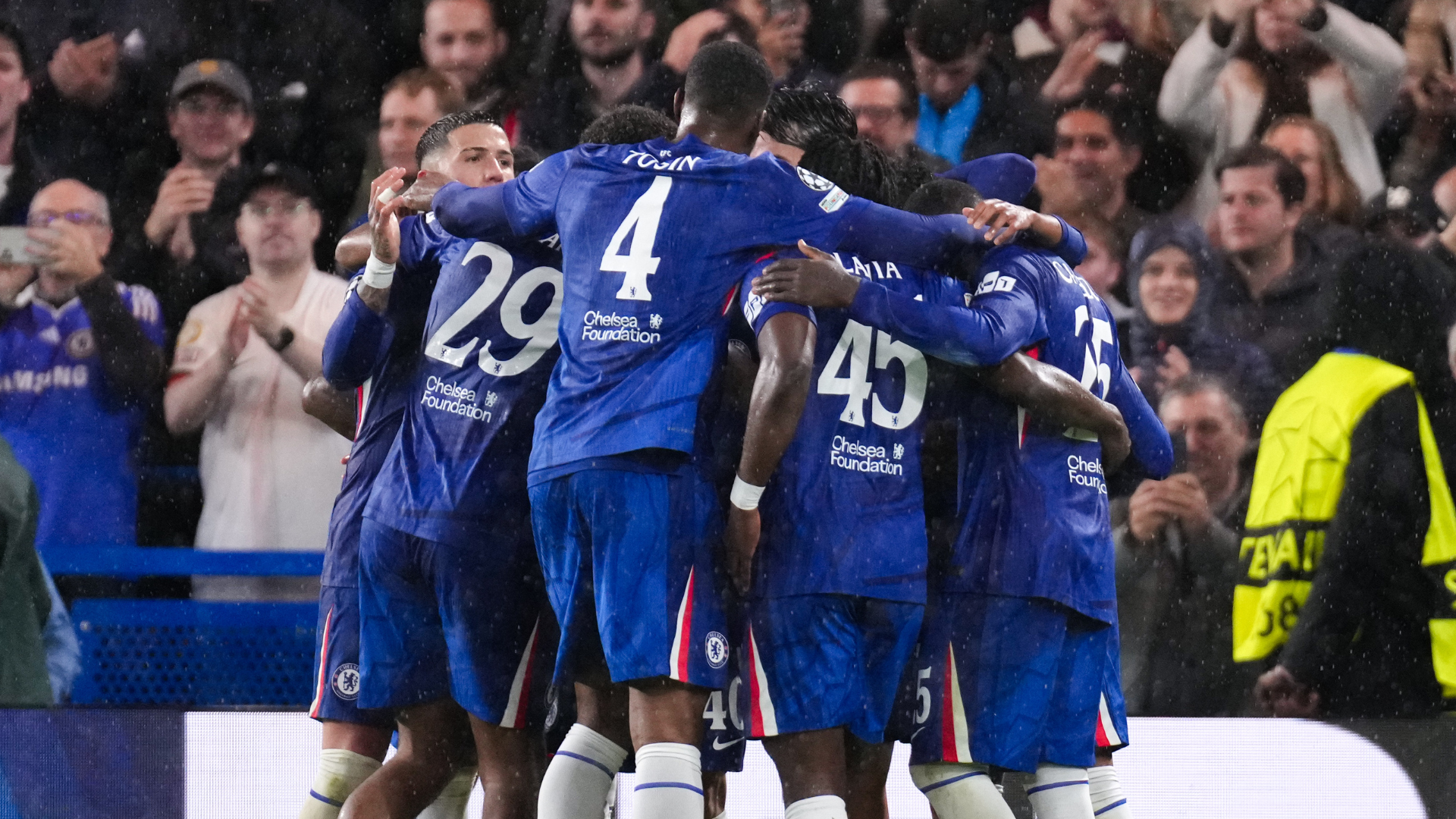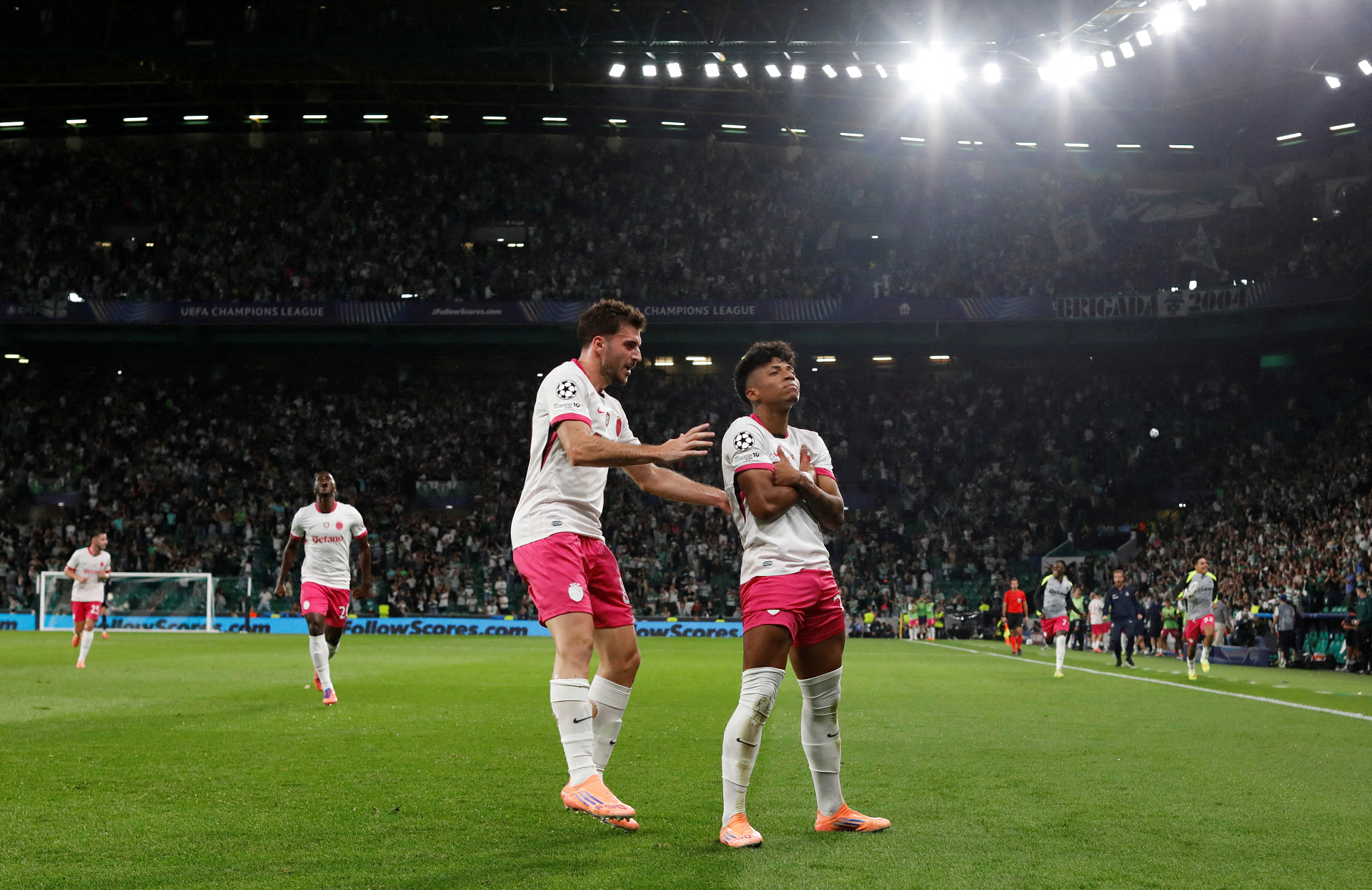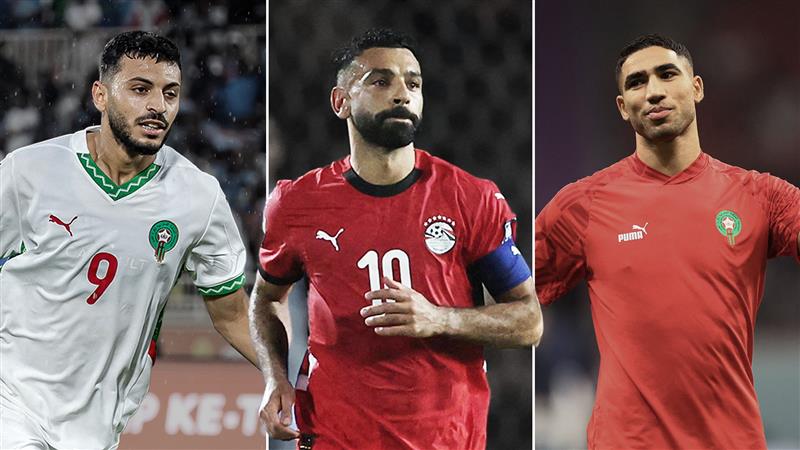Zidane - The Manager With A Real Golden Touch
Zidane the manager has brought an unrepresented era of success to Real Madrid
Jacquet, Del Bosque, Queiroz, Ancelotti, Domenech, Luxemburgo, Capello, Lippi, Mourinho, Benitez. It is a stellar roll call of managerial talent, with World Cup and Champions League winners, coaches who have masterminded underdog victories and moulded superstar squads, and those with trophies and titles won across the world.
They have all also shared in the influencing of one man, once the world’s most expensive player, and the manager who has broken records in the Champions League.
Zinedine Zidane.
Now in charge of Real Madrid for the second time, Zidane had already achieved iconic status at the Bernabeu, having played such a decisive role in securing the 2002 Champions League Final and being named FIFA World Player of the Year shortly after.
While his time as a Galactico only brought the one league title, it was on the grandest of European stages where Zidane would often make his mark, and that suited Real Madrid perfectly, past and present.
Having been part of the inner workings at Real Madrid after his retirement from playing football in 2006, Zidane had originally been appointed an “advisor” and later “sporting director”, and while he was prominently spotted at high-profile events, it was in 2013/14 when people began to sit up at taking notice, with Zidane taking the seat next to Real boss Carlo Ancelotti in 2013/14, helping them secure the Champions League, La Decima.
Now named a coach of Real Madrid Castilla (or “B” Team) at the start of the 2014/15 season, Zidane came under fire from certain members of the Spanish footballing community, citing his lack of proper qualifications for the job as manager. His side would deny any wrong-doing, sticking with the story that Santiago Sanchez was the head coach and Zidane merely his assistant and thus did not need such formal certification, though it was an open secret that those in charge were grooming him for bigger and better things.
Zidane did gain the proper qualifications in 2015, the furore surrounding his role and position fading into the background as Ancelotti left Madrid and was replaced by Rafael Benitez, an unpopular appointment that was perceived to play negative or defensive football, the antithesis to Madrid’s flamboyant persona.
The former Liverpool manager would find it difficult to win over the Madrid fans, always a difficult crowd to please, and despite going unbeaten in their first ten games, including big 5-0 & 6-0 victories, his position seemed to be doomed.
A 4-0 home defeat to Barcelona in the first Clasico saw Benitez slaughtered in the press for what they thought was tactical naivety, though in truth Benitez had finally given in to what the media and fans had asked for - that he drop defensive midfielder Casemiro and play an ultra-attacking midfield trio of Luka Modric, Toni Kroos, and James Rodriguez.
A 10-2 win over Rayo Vallecano at the end of December could not save him, though, and he was sacked in the opening days of 2016, his departure making way for one man.
Zinedine Zidane.
Five wins in six followed, along with 24 goals scored during that same period. After his only league defeat as manager during this season, Zidane would then see Real close out the campaign with 12 straight wins, including a 2-1 Clasico victory at the Camp Nou, with 39 goals scored from March to the middle of May.
Already kicked out of the Copa Del Rey for fielding an ineligible Denis Cheryshev, Real would finish a single point behind Barcelona in the league, but despite their stunning La Liga form, it would be Europe once again where Zidane would claim his greatest prize.
With Cristiano Ronaldo scoring five goals in four games against Roma and Wolfsburg, Real Madrid would advance to the semi-finals of the Champions League, drawn against Manchester City, managed by former Real boss Manuel Pellegrini. Madrid would prevail over Manchester, to get to Milan, where Real would play Atletico in the Final at the San Siro.
Zidane would lift the 2016 trophy, another to add to his collection as player and assistant, cementing his legacy at the club. A returning hero, his was the perfect tale for the Madridistas that had so feverishly bayed for blood whenever their side failed to conquer all before them. It would be beyond their wildest dreams, however, to realize what would come next.
He would win it again in 2017, marking the first time the trophy in its current iteration had ever been successfully defended. He would win it again in 2018, upsetting Liverpool in Kiev in a final perhaps as famous for Loris Karius' errors as Gareth Bale’s wonder goal.
Zidane would also clinch a league title, one Spanish Super Cup, two UEFA Super Cups (one against former Real boss Jose Mourinho), and two FIFA Club World Cup trophies during this headiest of times for Real Madrid. It seemed like Zidane was everything Real could have ever imagined; sage, saviour, savant.
Five days later, he resigned.
Zidane’s stepping down from his position at Real Madrid was shocking, following soon after Cristiano Ronaldo and Gareth Bale both hinted they could leave the club, in the aftermath of their Champions League triumph over Liverpool. Some theorized that there was some kind of falling out with the board, or even a disagreement with the club’s star players, but with Ronaldo heading to Juventus and Bale never really embraced, that was a confusing train of thought.
Zidane would disappear for a time, and while Real reeled from the shock of his departure, the incumbent Julen Lopetegui would step in disastrously, his tenure lasting only until October. Santiago Solari then took over but was sacked before the end of March, Real’s poor season unravelling in a week after two defeats to Barcelona saw them eliminated from the race towards the Copa Del Rey and La Liga.
Those Two losses were capped off by a 4-1 defeat to Ajax in the Champions League, sending the holders tumbling out. Out went Solari, and in came his replacement.
Zinedine Zidane.
Steadying the ship, Zidane’s second spell at Madrid has been notable for the improved form of Karim Benzema, a player that for long periods under previous managers (including Zidane himself) had lived in the shadow of Cristiano Ronaldo.
Freed from those shackles, the former Lyon striker is perhaps Zidane’s best player now, though he has also managed to coax consistently impressive performances from the youngsters Federico Valverde, Vinícius Júnior, and Rodrygo.
Bale and Rodriguez have been cast aside, though the injury issues of Eden Hazard have seen them both feature more than may have been expected, Zidane himself all but confirming that Bale was leaving the side in pre-season.
His time as Real Madrid manager has been largely trophy-laden, coinciding with the devastatingly brilliant Champions League form of Ronaldo, a fact that has made the assessment of Zidane as a manager difficult.
Zidane can, however, be credited with the proper management of the Portuguese goal-machine, recognizing the waning physical prowess of his superstar striker (no longer a winger) would be best harnessed by preserving his energy to the latter half of the season, where his goals would be more impactful in the tightest of European showdowns (something rival players under other managers seem to have not been able to accept).
As a manager, Zidane is rarely seen as a tactical maestro, with the Frenchman himself admitting on several occasions that being in charge of a supremely talented squad is often more a case of managing the egos and relationships within the dressing room as it is deciding on shape or strategy.
Zidane has most often started games with variants of a 4-3-3 or 4-2-3-1, though he has also experimented with a 4-4-2 in either a flat or diamond midfield configuration. He may lack the bold innovation of a Pep Guardiola or the distinct tempo of Jurgen Klopp, but it is most definitely more method than madness.
One of Zidane’s greatest achievements may be how he has taken one of the sticks that the Bernabeu used to beat Benetiz with - the reliance on Casemiro - and turn it into the foundation for his success. The Brazilian midfield enforcer has featured heavily under Zidane, and in many ways is of his most essential and trusted lieutenants, even more so in a team with an array of attacking talent.
Zidane has largely escaped the accusations of negative football that hounded Benitez despite falling into the same setup and not appearing necessarily to lean towards an attacking outlook. Even with Ronaldo, much of Zidane’s success came from counter-attacks and set-pieces, a methodology that at first glance would be abhorrent to the Madrid faithful.
The legacy of the man known as Zizou will always be one dotted with success. As a player he scored one of the greatest goals ever scored in a major final, he hauled his national side to a World Cup (scoring twice in the Final), he would be named the best player in the world on multiple occasions.
He would be sent off in key moments, headbutt an opponent in a World Cup Final, and allegedly be turned down by Blackburn Rovers and Newcastle United. The only man to be named Player of the Year in three top European leagues, he is also the only man to manage a side to three back to back to back Champions League Finals.
He would arrive a hero, leave a legend, return a rescuer. Silverware and a golden touch, the modern history and success of Real Madrid can be attributed - fairly or not - to one man.
Zinedine Zidane.



















